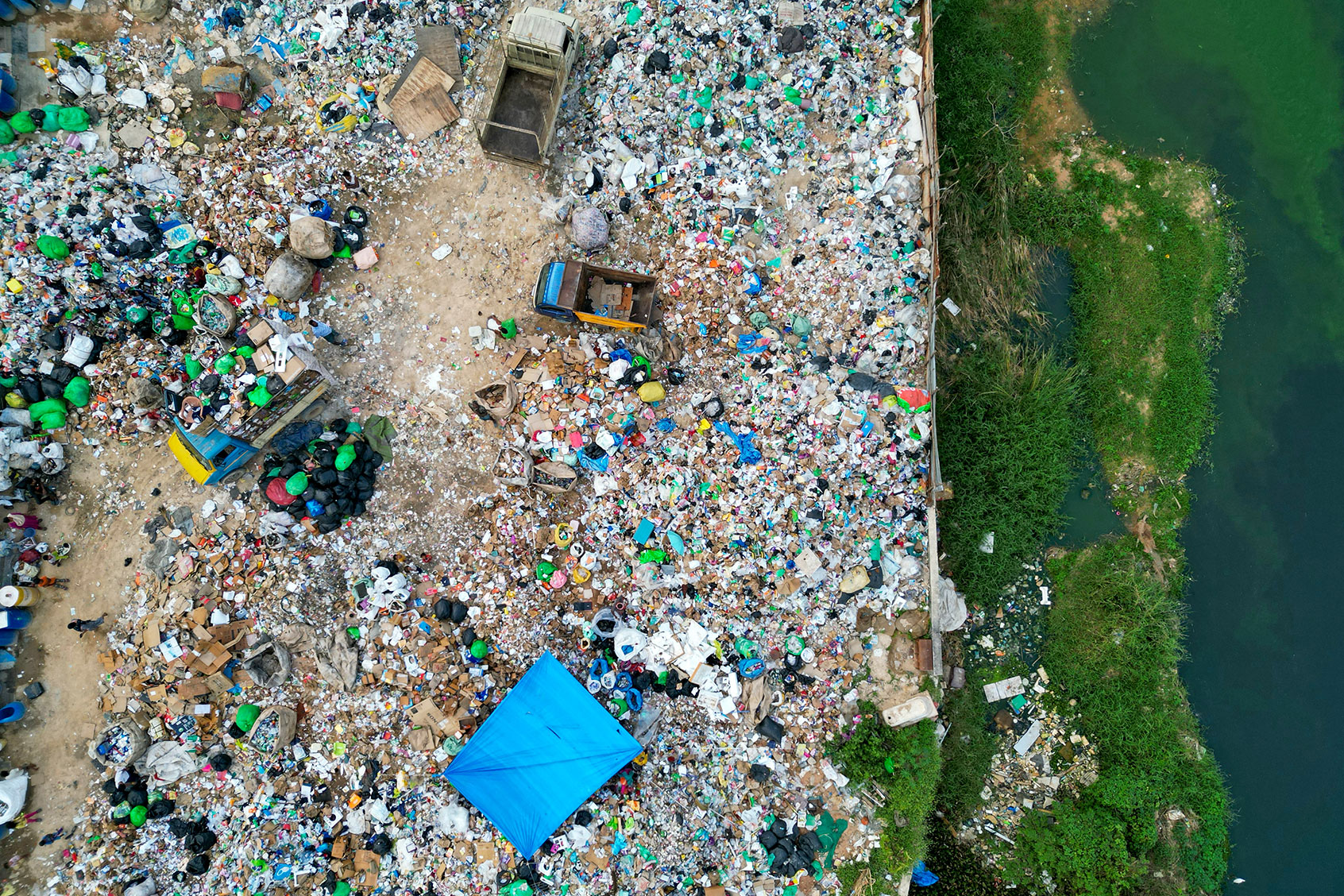Plastic pollution is choking the planet. From the bottom of the Mariana trench to the top of Mount Everest, there is little escaping the problem. Regardless, treaty negotiations to end plastic pollution collapsed on Sunday after the event in Busan, South Korea closed without the nations firmly agreeing to put limits on plastic production.
Despite closed-door talks that stretched through the weekend, the draft of the treaty released on Sunday afternoon left the question of future regulations to be settled in a later open session. The negotiators did not establish any proposal to limit production, instead promising to set a target at a later conference and including an option to entirely drop the idea.
The world produces more than 400 million metric tons of plastic each year, with plastic production expected to rise roughly 70% by 2040 at the existing rate. Plastic pollution is regarded as a serious issue by scientists because the synthetic polymers used in plastic can take centuries to break down. Even worse for the environment, many of these products include chemicals that are dangerous to human health. Endocrine disruptors like phthalates and bisphenols are linked to health conditions like cancer, infertility and cardiovascular diseases. Plastics have been found in the food we eat, the water we drink, in the blood flowing through our veins and in the breastmilk which nourishes children.
That is why, in the lead up to the Busan conference, scientists and activists alike joined nations led by Norway and Rwanda in a campaign to significantly reduce plastic pollution. Even though the most recent attempt at a treaty fell apart, those present insist there is still a chance for reform in the future.
“The progress we have made is real,” South Korean Foreign Minister Cho Tae-yul said in a statement. “Compromise is not a sign of weakness … We cannot allow perfection to become the enemy of progress.”
Another delegate who proposed a global target to cut down plastic production contradicted Tae-yul, characterizing the talks as a “moral failure.”
“Colleagues, we didn’t accept a weak treaty here, and we never will,” Panama’s Juan Carlos Monterrey Gómez said in a statement. “To the 120 nations standing for ambition, I say: Let us be relentless. We may have been delayed, but we will not be stopped.”


